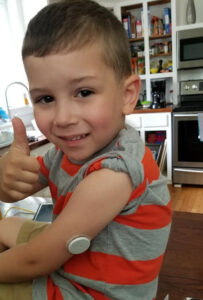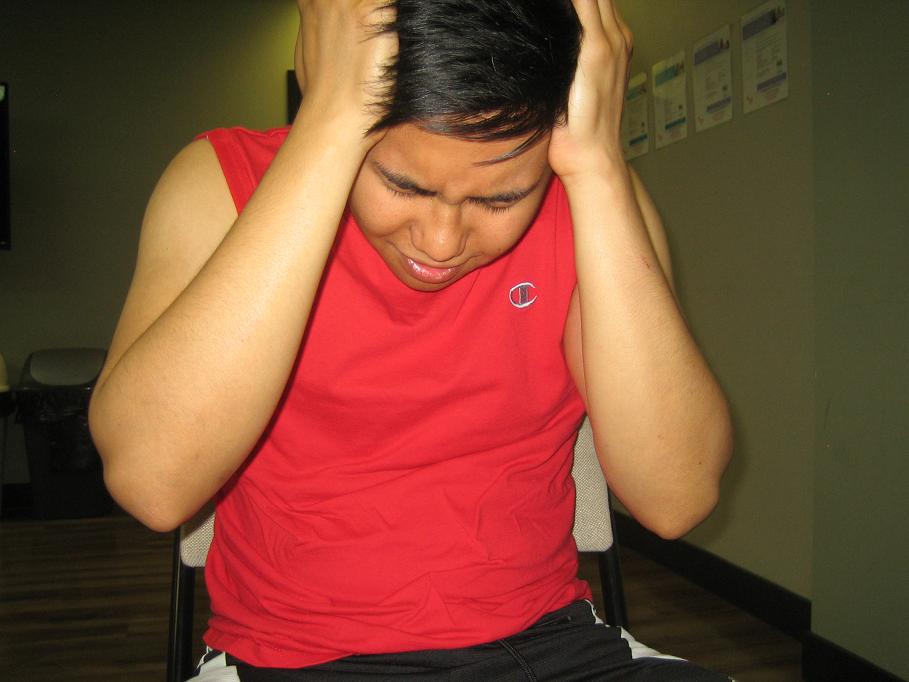

If the maximum effectiveness of the drug falls during sleep, then the likelihood of hypoglycemia will be higher. It is important to know when insulin reaches peak action.
Use of long-acting insulin in the evening. The most common causes of hypoglycemia during sleep are as follows: This is especially true for those patients who take hypoglycemic drugs from the sulfonylurea class. However, with an imbalance in the nutrition, activity and intake of oral hypoglycemic agents, people with type 2 diabetes are also at risk. Hypoglycemia is more prone for those who use insulin replacement therapy. Understanding the causes of nightly sugar drops, people with diabetes can use preventative strategies to minimize these episodes. The good news is that night hypoglycemia can be completely prevented. And honestly – this is the best defensive reaction in such circumstances.īut even taking into account the body’s ability to independently respond to low blood glucose and signs that usually warn other family members about the problem, hypoglycemia at night continues to be a source of fear and anxiety for most people with diabetes and their loved ones. If you didn’t wake up with a decrease in sugar at night, then in the morning you can understand what happened by the sweat-soaked pajamas and the disappointing result on the meter and CGM. It does this with counter hormones, which makes sugar ricochet in unrealistically high numbers. Most often, our body saves us during nocturnal hypoglycemia. Will I have the strength and the ability to get up and quickly deal with this, or will I just lie there, unable to do anything about it? Will the symptoms be pronounced enough to wake me up? The very idea that such a state will happen when we are most vulnerable leads to a feeling of complete helplessness. Consider the reasons, actions for stopping and habits that will permanently get rid of this challenge!Įven when we trained to stop hypoglycemia during the day, this condition inspires fear at night. Night hypoglycemia may or may not occur- it depends a lot on our habits. Some doctors recommend a high-protein, low-carbohydrate diet but this type of diet has not proven to help hypoglycemia.Will the symptoms be pronounced enough to wake me up | Causes of nocturnal hypoglycemia | Stock in case of nocturnal hypoglycemia | Symptoms Having a variety of foods, including protein (meat and nonmeat), dairy foods, and high-fiber foods such as whole-grain bread, fruit, and vegetables The following type of diet may help you:Įating small meals and snacks throughout the day, eating about every three hours If medicine is causing your hypoglycemia, you need to change medicines.įor immediate treatment of low blood glucose, make sure you eat or drink 15 grams carbohydrate (in form of juice, glucose tablets, or hard candy).Īsk your doctor or dietitian whether you need to change your diet. For example, if you have a tumor, you may need surgery. Treatment depends on the cause of your hypoglycemia. WHAT IS THE TREATMENT FOR NON-DIABETIC HYPOGLYCEMIA? 
Your doctor might also check your blood for insulin levels or other substances.

Then your blood glucose level is checked a number of times over the next five hours.īoth tests check to see if your blood glucose levels drop too low. The drink raises your blood glucose, causing your body to make more insulin. For reactive hypoglycemia, you might have a test called a mixedmeal tolerance test (MMTT).įor the MMTT, you first have a special drink containing protein, fats, and sugar. A personal blood glucose meter is not accurate enough for diagnosis.įor fasting hypoglycemia, you may have your blood glucose checked every few hours during a fast lasting several days. Your doctor will check your blood glucose level and may order other tests. Your doctor will also see whether you feel better after you eat or drink to raise your glucose to a normal level.Ĭhecking your blood glucose to see if it is actually low (about 55 mg/dL or less) when you're having symptoms is an important part of diagnosis. Your doctor can diagnose non-diabetic hypoglycemia by reviewing your symptoms, doing a physical exam, looking at your risk for diabetes, and checking your blood glucose level. HOW IS NON-DIABETIC HYPOGLYCEMIA DIAGNOSED? Talk with your doctor if you have symptoms of hypoglycemia, even if you only have one episode. Some people have trouble speaking and also feel weak. WHAT ARE THE SYMPTOMS OF NON-DIABETIC HYPOGLYCEMIA?







 0 kommentar(er)
0 kommentar(er)
